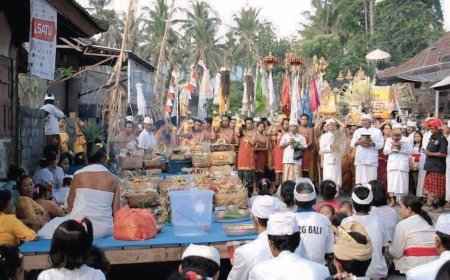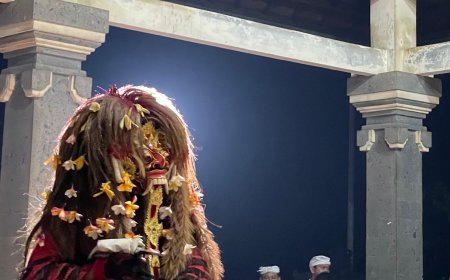Mekotek Tradition, A Unique Way To Ask For Safety From Munggu Village
The Mekotek Tradition is a unique cultural celebration on the island of Bali, particularly in the village of Munggu. This tradition involves the use of wooden poles and is held every six months, coinciding with the Kuningan holiday in the Hindu calendar. Originally used to welcome returning warriors from battles, this tradition was temporarily banned by the Dutch government in 1915 but was later reinstated after the outbreak of a disease. Participants are adult males organized into groups, and the ceremony begins with prayers and expressions of gratitude. The Mekotek Tradition creates a lively and spirited atmosphere, strengthens the sense of unity within the local community, and attracts tourists who wish to witness it.
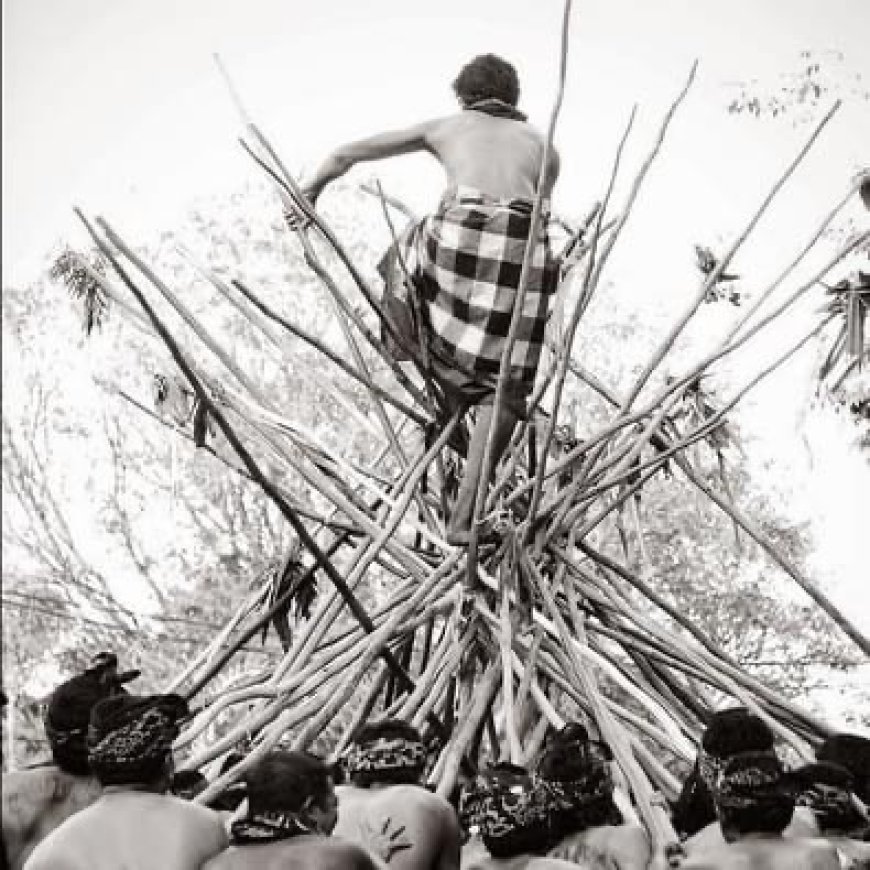
Bali Island is known as the Island of the Gods, renowned for its rich and diverse traditions and cultures. These differences serve as distinctive features among the local communities in each village. Famous traditions and cultures in Bali include pandan war, omed-omedan, makepung, ngerebeg, and one of them is the mekotek tradition. Mekotek is one of the traditions originating from Munggu Village, Badung Regency, Bali. Mekotek comes from the word "tek-tek," which is the sound produced by wooden sticks clashing against each other.
The Mekotek Tradition is always carried out by Munggu villagers every 6 months, 210 days (based on the Hindu calendar) which coincides on Saturday Kliwon, the Kuningan holiday. The mekotek tradition has been carried out since ancient times which is believed by the villagers as a repellent for bad luck and asking for safety. Until now the tradition is held and attracts people from other regions, foreign tourists come to watch.
Translated with www.DeepL.com/Translator (free version)
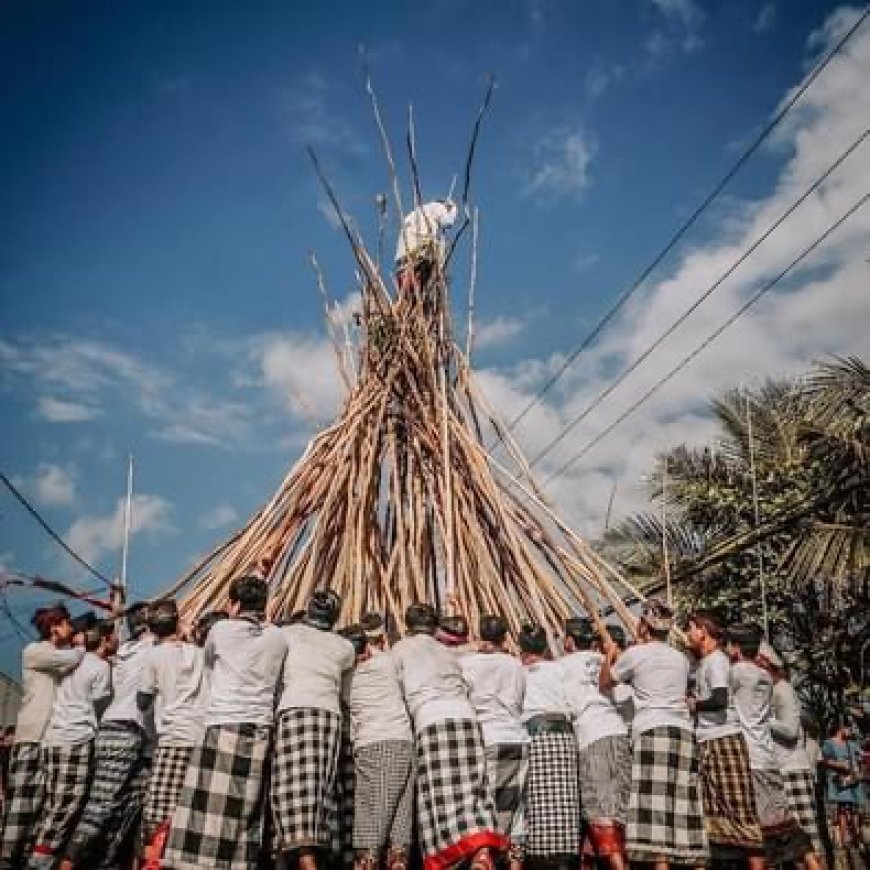
The Mekotek Tradition of Munggu Village (Photo Source: Editor Collection)
Originally, Mekotek was used to welcome the warriors of the Mengwi kingdom who returned victorious from their conquest of the Blambangan kingdom. However, in 1915, during the Dutch colonial rule, the Mekotek tradition was prohibited. This was because the Dutch authorities were concerned about the possibility of uprisings. However, the cessation of this tradition had unintended consequences, leading to the outbreak of a disease. As a result, Mekotek was allowed to be practiced once again.
This wood is used as a tool in the implementation of mekotek by the participants. In the past, mekotek was carried out using an iron spear, but because many participants were getting injured, the iron spear was replaced with a wooden spear made from peeled wood. The wood used is stripped of its bark. The length of this wood is approximately 2 to 3.5 meters. At the end of the wood, there are decorations in the form of a tamiang and pandan leaves. These peeled woods are then clashed together to form a cone shape or something resembling a pyramid.
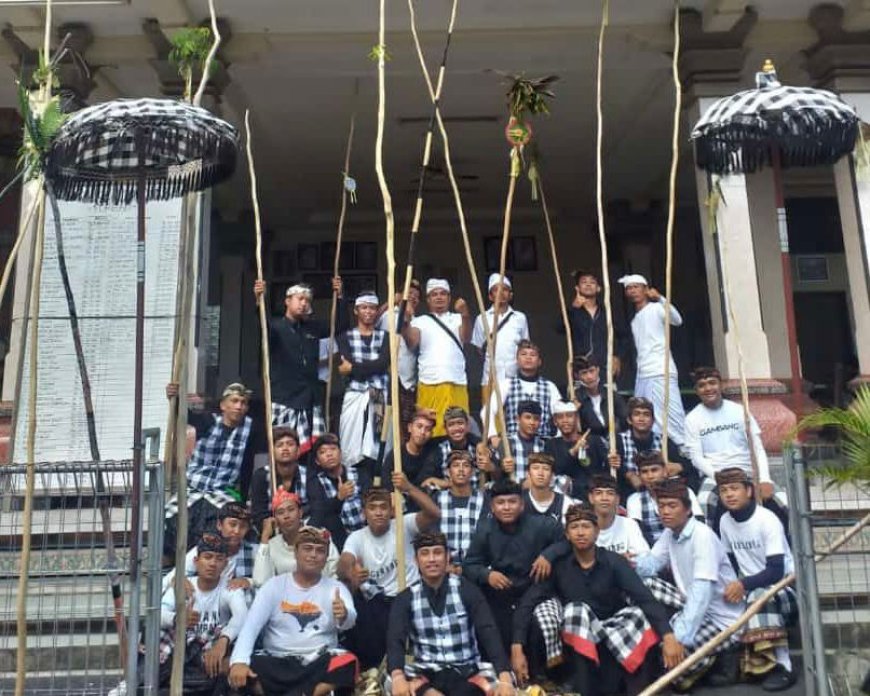
The Mekotek Tradition of Munggu Village (Photo Source: Editor Collection)
During the mekotek ceremony, approximately 2000 participants take part, organized into 15 banjars. These participants are males who have reached adolescence or adulthood. They are divided into several groups, each consisting of around 50 people. Before the procession begins, participants are required to wear traditional attire such as kancut or kamen and udeng, and they gather at the Pura Dalem Munggu.
The process begins with a prayer and an expression of gratitude for the harvest. Then, the mekotek ceremony takes place, accompanied by the sounds of the gamelan beleganjur, as the participants head towards a water source in the village of Munggu. Participants who are brave enough can climb to the top of the wooden structure and provide commands or encouragement to their group, as do other groups.


















































